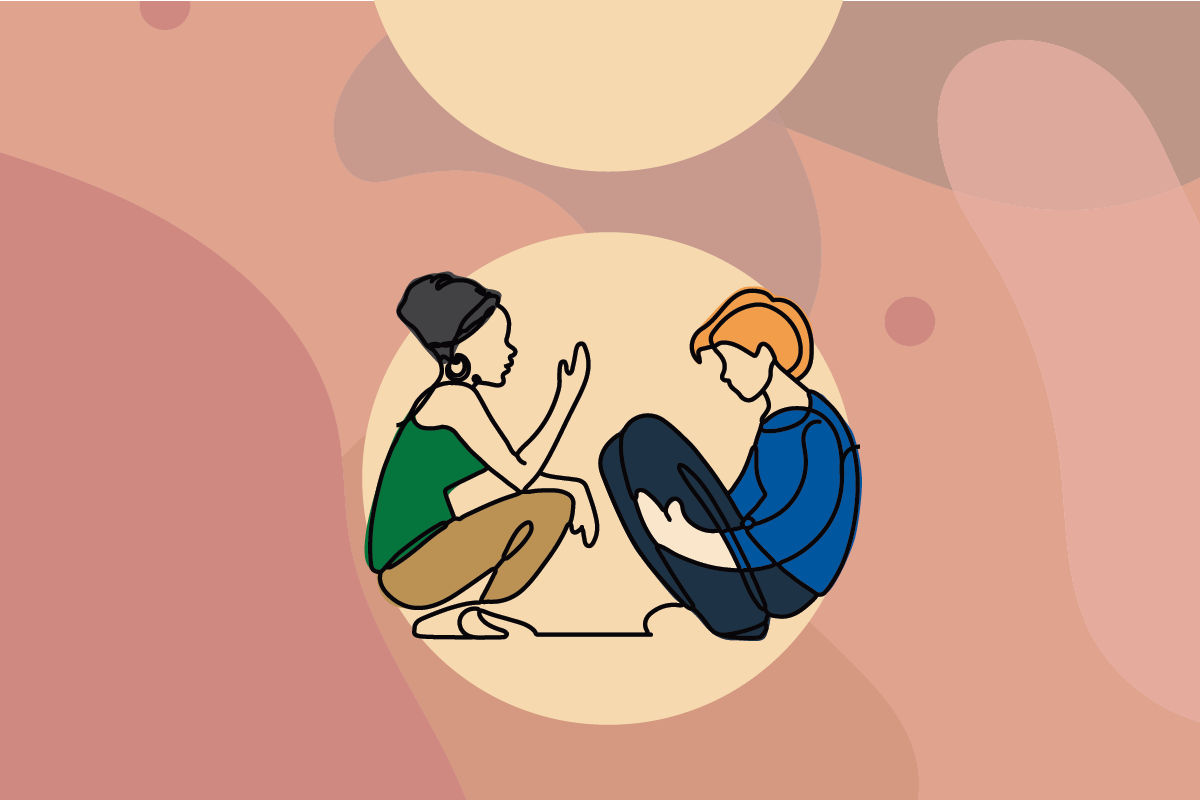Behaviours that challenge: What has happened to you?
Apr 2021
Written by Glenys Bristow
Children and young people living in Therapeutic Residential Care in Australia often present with a range of behaviours that challenge us. The complexity and difficulty in working with these challenging behaviours led us to write a Practice Guide: Behaviours that Challenge to assist therapeutic residential workers to better understand why young people might display these behaviours and what we can do to help them understand and change these behaviours.
Often a child or young person will be named or labelled by their behaviour. For example, you might hear ‘she is assaultive’ and ‘she yells at you a lot’ long before you have learnt anything about her life or history of pain. There is always, always a reason behind the behaviour. Therapeutic Care means that we need to understand and work with the reason no matter how hard it might be. The word cloud below lists behaviours that challenge but in reality, this tells us nothing. Usually, this is just the tip of the iceberg that we see and hear.

The following graphic shows an iceberg – on top of the water is all the behaviours in the word cloud that we see and experience. Underneath is all the pain and the sadness, the fear of not being good enough, not loved the shame of not being wanted – feeling and hearing “I am so bad I can’t even live with my family.” It is the constant struggle of pain – what is really going on for the child or the young person.

What are these behaviours that challenge? What do we see?
McLean, Price-Robertson & Robinson (2011) in their AIFS paper on Australian Therapeutic Residential Care – Taking Stock and Looking Forward found across Australia):
..consistency in the way in which target groups for therapeutic residential care were described across jurisdictions. Many of the children and young people in therapeutic residential care had a history of abuse and neglect, and trauma caused by these repeated events was a pervasive backdrop to current challenges leading us to ask: What has happened to you?
Such children and young people in pain can exhibit a range of social, emotional, and educational difficulties and complex/extreme behaviours, some examples of which are recurring and often severe self-harming behaviours, including suicide attempts;
- a history of running away and prolonged absences;
- multiple placement disruptions due to behaviour;
- sexually inappropriate behaviours;
- mental health problems;
- antisocial behaviours, including violence and aggression towards others;
- alcohol and substance abuse;
- cruelty to animals; and
- developmental delays or disabilities
What differentiates young people in therapeutic residential care from other forms of care is that problems normally occur with significant frequency and affect day-to-day functioning in a highly adverse manner. Additionally, in many cases, there is a history of unsuccessful attempts to manage difficulties and behaviours, which points to the need for a more holistic, structured therapeutic approach.” (Mcnamara 2020)
Young people who have experienced trauma at the point of referral to Therapeutic Residential Care and during their placement are consistently described more by their challenging at-risk/high-risk behaviours than their positive characteristics and strengths.
Practice Reflections
- Thinking of a child or young person you are currently working with do they have such labels?
- Are they described by their behaviour rather than their strengths and characteristics, their personality?
- How else could you talk about the child or young person you are thinking of?
- How would you like someone to describe you?
Who is challenged by the young person’s behaviours?
It is important to ask the following question to better understand why and who is challenged by the young person’s behaviours.
- Are they challenging behaviours to the young person?
- Are they challenging to the organisation?
- Are challenging some of us as workers?
- Are they challenging politically?
- Are they challenging culturally, ethically, or morally?
- Do they challenge our religion? Our spirituality?
And if they are – then why ?
Practice Reflections
- Once again think about a child or young person you are working with and ask yourself the above questions ending with if you see any of them as challenging why might that be?
- If this does happen it is usually about our own beliefs, values and maybe the young person has pressed one of our buttons without us realising. If you find it difficult to work with a particular young person and find yourself getting angry with them really easily it could be about your own known or emerging buttons. Working with the therapeutic specialist in reflective practice which is a safe space they can help you to understand what is happening and work it through giving you a range of safe strategies.
- We need to also remember behaviours that challenge are behaviours like any other behaviour, and they occur for a reason. Just like other behaviour they can be changed. Whilst it might be difficult and will need many consistent repeats of a response our understanding of neurobiology tells us we can change a neural pathway by repeating positive responses consistently.
Self-Care
Working with young people in residential care brings out very strong feelings in all of us because our work is relationship-based, and it requires us to engage our emotions as well as our intellect. It is important to think about our own ability to manage stress and self-regulate. In order to care for others, you must: respect your own self-worth, take responsibility for self-care, and recognise the relationship between self-care and your duty to perform.
Practice Reflections
What are your professional “protective factors”?
- To understand more about behaviours that challenge – the reasons and strategies to work with them please access the Practice Guide on Behaviours that Challenge here. There are lots of great strategies and ways of understanding available there.




















